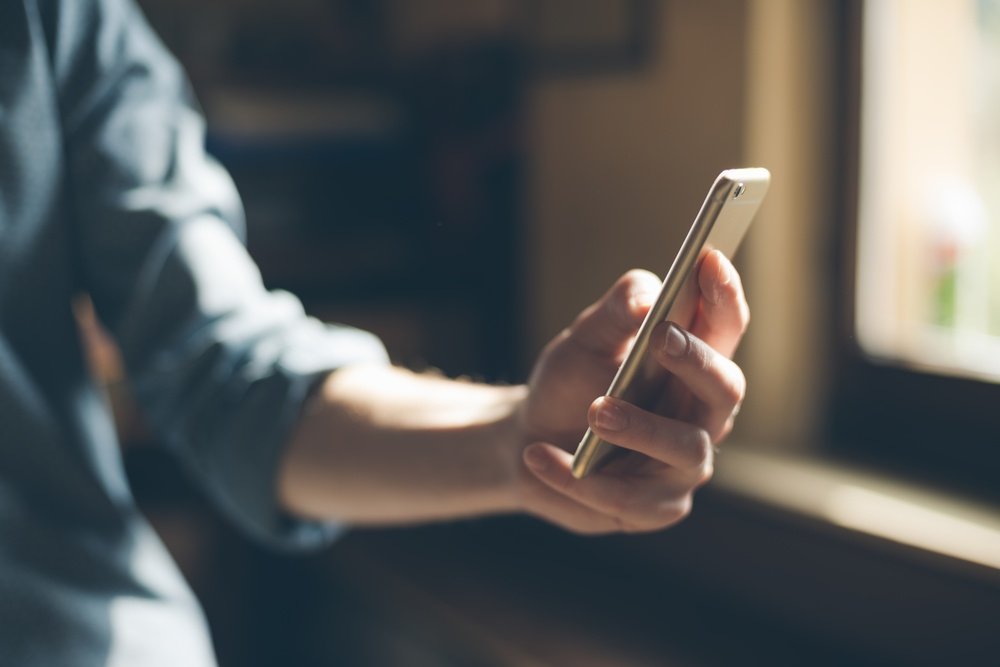- The absence of instant access to news, social media, and messages creates a sense of disconnection—a quiet void in a world that thrives on constant updates.
In a world where smartphones have become an essential part of our daily routines, the thought of living without one may seem daunting. These devices have seamlessly integrated into our lives, serving as our alarms, cameras, social connections, and entertainment sources. But what happens when we choose to step back and disconnect from this digital world? What does life look like without a smartphone?
For some, the decision to live without a smartphone is a deliberate choice, while for others, it may be a result of unforeseen circumstances like loss or financial constraints. Regardless of the reason, the experience of living without a smartphone often brings a mix of initial challenges and unexpected discoveries.
The first few days without a smartphone can be disorienting. Suddenly, we have to plan our directions in advance, use separate devices for alarms, and rely on computers to check emails. Our hands instinctively reach for a phone that's no longer there, craving the familiar buzz of notifications and endless scrolling. The absence of instant access to news, social media, and messages creates a sense of disconnection—a quiet void in a world that thrives on constant updates.
However, as time goes on, something remarkable happens. The feeling of disconnection transforms into a sense of freedom. Without a screen constantly demanding our attention, we become more aware of the world around us. We savor meals without distractions, immerse ourselves in walks, and engage in deeper conversations without the constant interruption of notifications.
Living without a smartphone changes our daily routines. Instead of mindlessly scrolling before bed, we turn to books for relaxation. We ask for directions or study maps before heading out, rather than relying on navigation apps. Face-to-face interactions become more meaningful, as we connect with others on a personal level without the barrier of a screen.
Read More
Public spaces become more vibrant and engaging without the filter of a phone screen. The world appears richer when observed directly, with details and sounds coming to life. We learn to appreciate idle moments, allowing our thoughts to wander freely without the distraction of digital noise.
Living without a smartphone comes with its challenges. Coordinating plans with friends requires more effort, and many essential tasks rely on smartphone-based systems. The modern world is built around connectivity, making it feel like a struggle to navigate without a smartphone.
However, those who have experienced life without a smartphone often find a balance. Some opt for basic phones for calls and texts, while using a tablet or laptop for online needs. Others set strict boundaries on smartphone usage, using them only for essential tasks.
Living without a smartphone, even temporarily, offers a new perspective on modern life. It shows us how deeply these devices influence our behavior and how easily we fall into patterns of constant digital engagement. While society may not be ready to completely abandon smartphones, taking intentional breaks from them can lead to a more mindful and fulfilling way of living.
Ultimately, living without a smartphone is not just about disconnecting—it's about rediscovering the joy of being fully present in the world.










